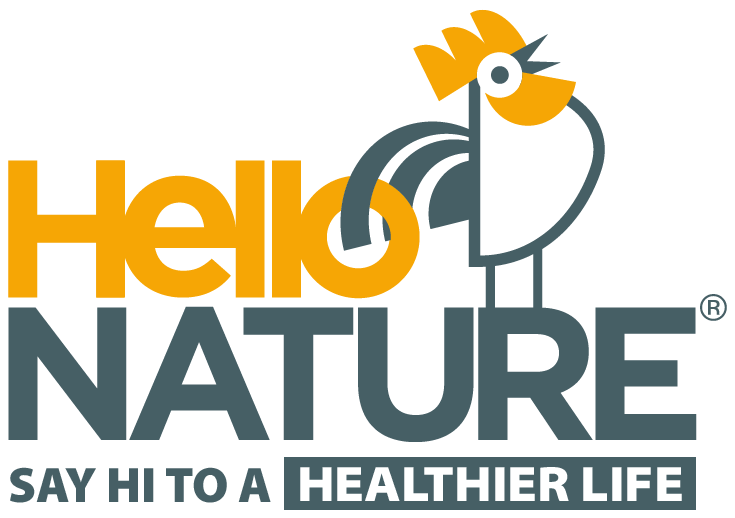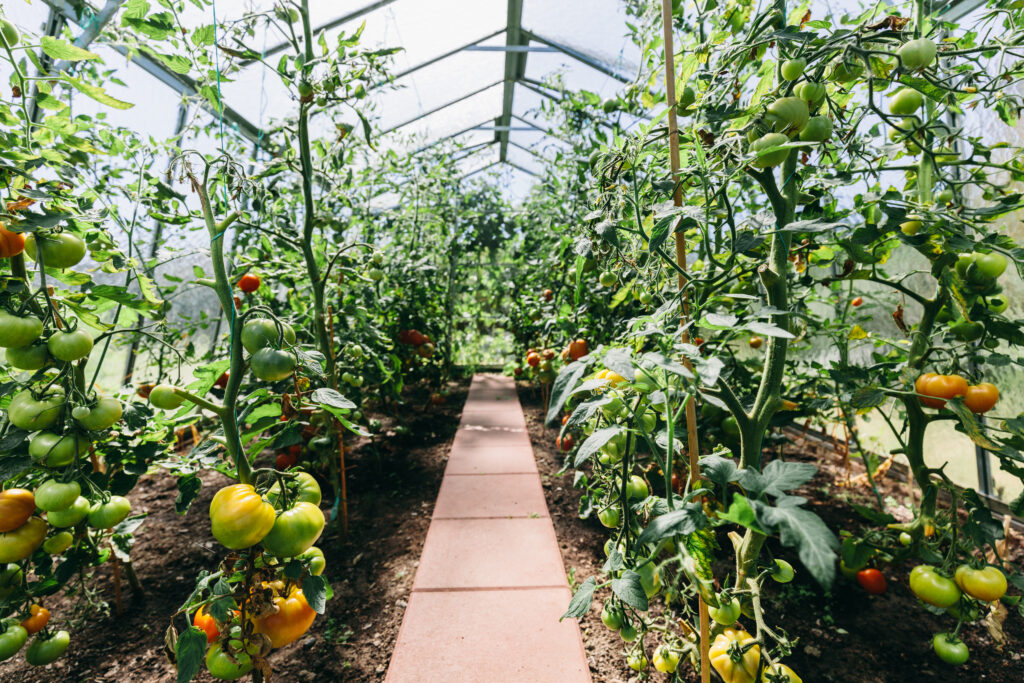Summary of Biostimulant – Foliar Applications of Protein Hydrolysate, Plant and Seaweed Extracts Increase Yield but Differentially Modulate Fruit Quality of Greenhouse Tomato
Biostimulant Foliar Sprays – Tomato: Boosting Yield and Nutritional Quality
Effects of Foliar Biostimulants on Tomato Yield
The current study investigated the impact of three biostimulants—legume-derived protein hydrolysate (PH), plant extract (PE), and seaweed extract (SWE)—applied as foliar sprays on greenhouse tomato (Solanum lycopersicum L.) grown in soil. Foliar biostimulants for tomato significantly improved both early and total marketable yields. PE, SWE, and PH increased total fruit yield by 11.7%, 6.6%, and 7.0%, respectively, compared to untreated control plants. These results confirm that tomato biostimulant sprays can be a practical strategy for enhancing crop productivity.
Impact on Fruit Nutritional Quality and Minerals
Legume-derived protein hydrolysate notably enhanced lycopene content, total soluble solids, and potassium (K) and magnesium (Mg) concentrations in tomato fruits, improving overall nutritional quality. Seaweed extract and, to a lesser extent, PH also increased calcium (Ca) levels, contributing to healthier fruit development. Foliar biostimulant applications effectively modulated antioxidant activities, total phenols, and ascorbic acid, boosting bioactive compounds in the fruits.
Economic Benefits of Biostimulant Applications on Tomato
Although these treatments slightly raised production costs, the increase in yield and improved nutritional quality resulted in net economic benefits. Integrating biostimulant applications on tomato demonstrates both agronomic and economic advantages for greenhouse cultivation.
Recommendations for Tomato Biostimulant Use
For optimal results, tomato plants should receive four foliar applications during the growing cycle, with concentrations of 1 mL·L−1 PE, 3 mL·L−1 SWE, and 3 mL·L−1 PH. Regular foliar biostimulant treatments improve fruit yield, nutrient composition, and antioxidant levels, supporting sustainable and profitable tomato production.
Publication: Hortscience









